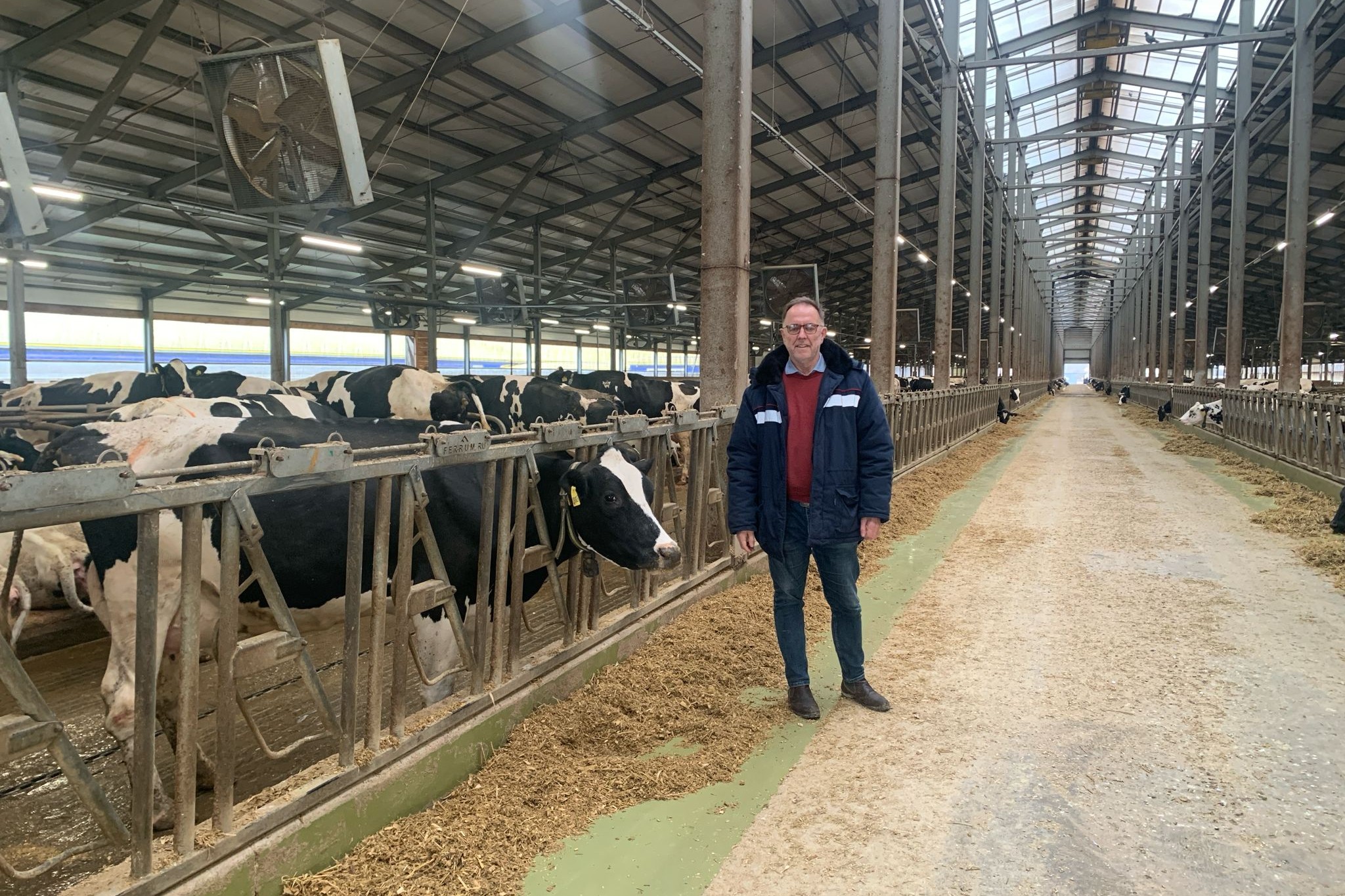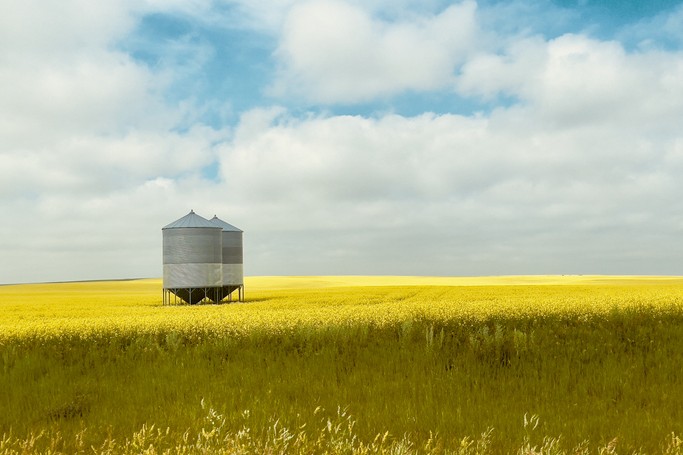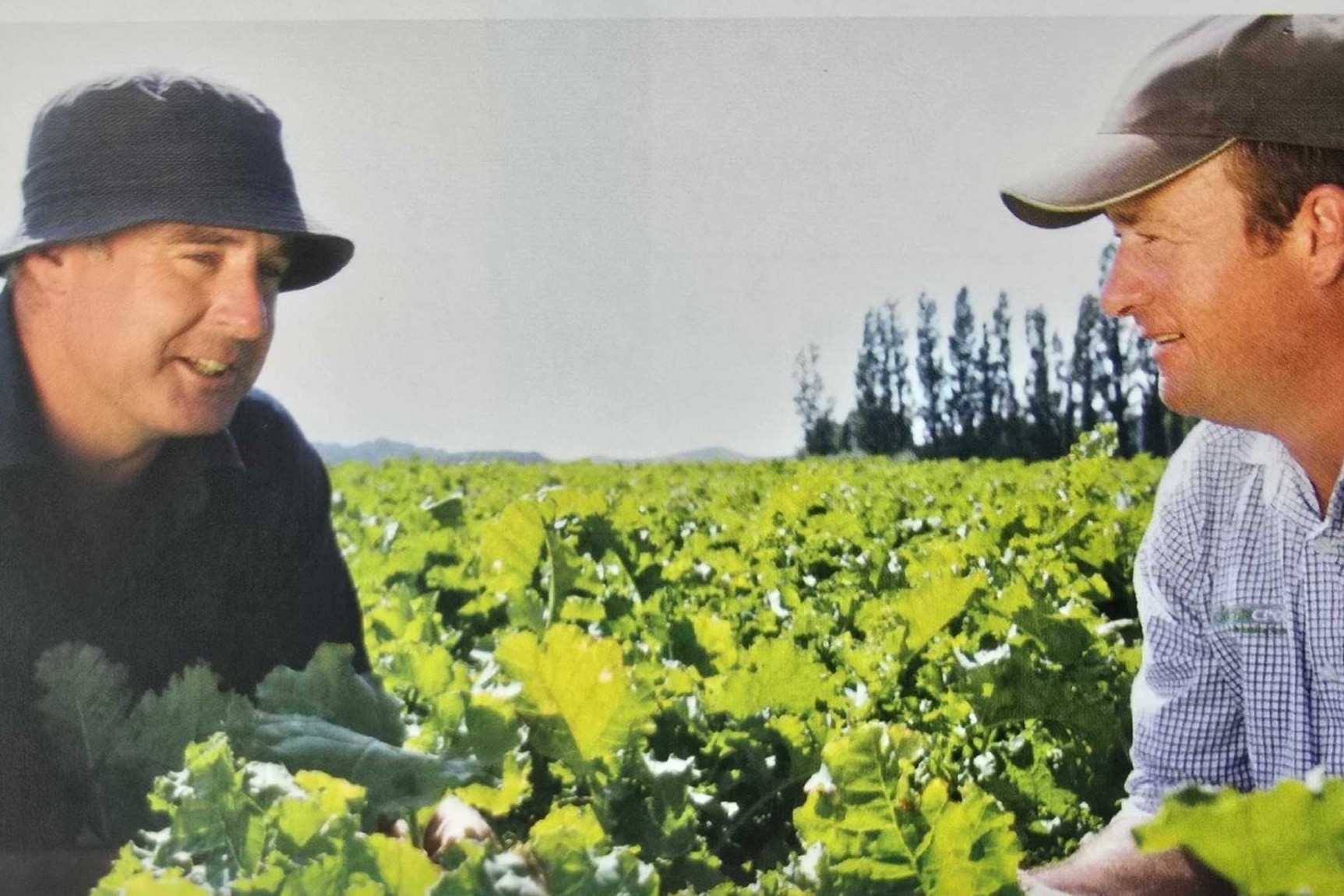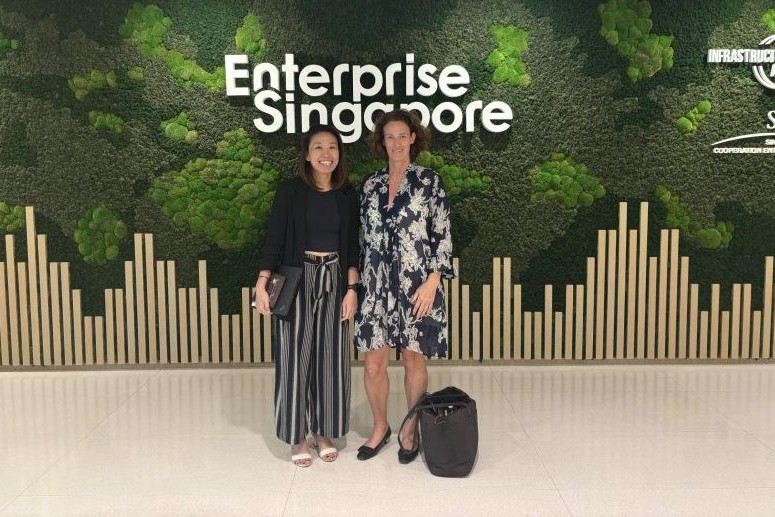From Butter to Beef: Rethinking Our Food System
Jo Hay farms near Herbert in North Otago on 260ha plus a lease of 410ha at Moeraki with husband Ross and children Charlie, Phoebe and Archie. She is also an elected director of North Otago Irrigation Company Ltd.
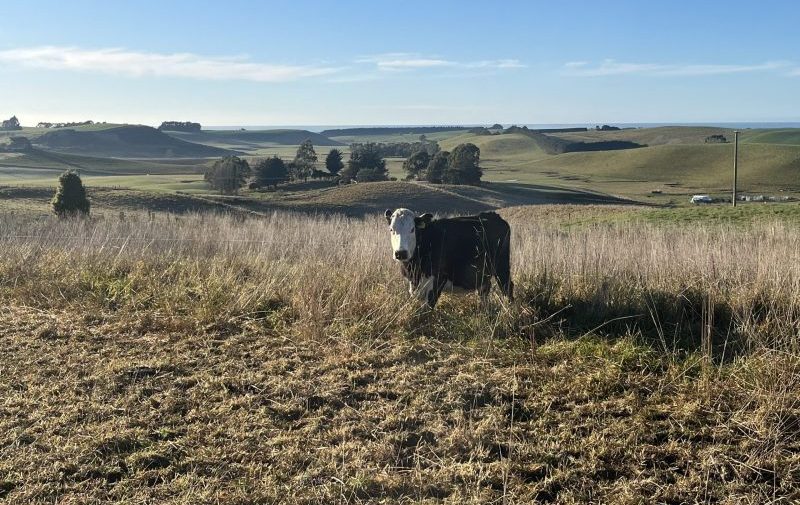
The $9 block of butter isn’t just about demand and inflation – it’s a signal. A signal that something deeper isn’t quite right within our food system. The same can be said for red meat prices, shifting consumer behaviour, or frustration with how value is being shared across supply chains. We’re feeling the cracks in a system that’s lost sight of value beyond price.
Too often, we respond to these signals with surface-level tweaks. Smaller blocks. Cheaper packaging. Faster processing. That’s single-loop learning: asking, “Are we doing things right?” It’s useful – but it keeps us circling the same track, trying to do the same thing, just more and more efficiently.
What if we pursued some double-loop learning: asking, “Are we doing the right things?” This is where we pause and question the assumptions beneath the system. Do we really know what offshore buyers value most? Are we right to assume that branding alone creates premiums? Do overseas buyers really want our backstory, or are they looking for the lowest price? Is the goal always growth, or is there a case for resilience, or even food security?
“Maybe it’s time we stop trying to be everything to everyone and start asking better questions.” – Jo Hay, North Otago farmer
And then comes the big one: triple-loop learning. This asks, “Who decides what’s right, for whom, and on whose behalf?” It’s where values really come to the surface. What do we believe food should do – for our people, for our land, for our future generations? Are decisions being made by those closest to the care and cost of production, or by those furthest from it?
It’s easy to feel pulled in every direction. Within the red meat sector, producers are expected to be efficient, ethical, innovative, and globally savvy – all the while staying ‘bankable’. It’s little wonder the system feels stretched, and farmers frazzled.
Maybe it’s time we stop trying to be everything to everyone and start asking better questions. Single-loop thinking fixes symptoms. Double-loop thinking challenges assumptions about the rules of the game. Triple-loop thinking reframes the whole game.
The good news? We can use all three. Fix what needs fixing. But also create space to reflect more deeply and have braver conversations – individually, on farms, in collectives, and across our industry. Respectful conversations that challenge actions, question assumptions and rethink values.
Here’s to a spring of sunshine, strong grass growth, and maybe even some green sprouts of fresh thinking – the kind that doesn’t just adapt to today’s change, but helps us shape what comes next.

